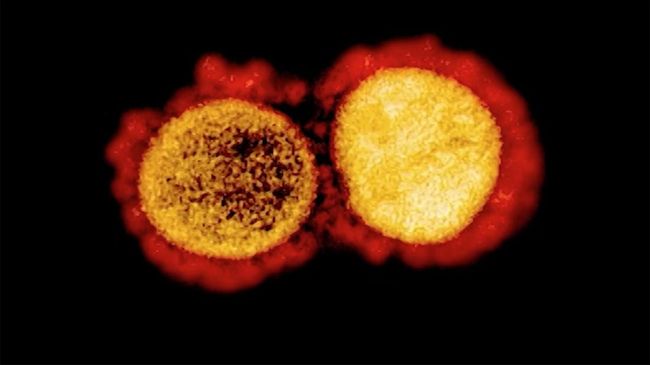The Indonesian Institute of Sciences (LIPI) confirmed that a mutated variant of the SARS-CoV-2 corona virus called D614G had been found in several Indonesian cities, from Surabaya to Jakarta.
Head of Applied Genetic Engineering and Protein Design Laboratory
LIPI, Wien Kusharyoto said D614G was found after sequencing the whole genome sequence or the SARS-CoV-2 virus from Indonesia.
Based on the data contained in GISAID, Wien revealed that there were at least 8 WGS results that showed the D614G mutation in Indonesia.
Wien explained that two D614G mutations were found in Surabaya since late March or early April 2020.
Then, two D614G mutations in D.I. Yogyakarta, two in Bandung, and two from LIPI based on samples from Tangerang and Jakarta.
Wien said that the detection of these mutations could also be carried out with targeted sequencing or RT-PCR which could detect the presence of these mutations.
However, he said primers and probes should be designed for that purpose.
Furthermore, Wien explained that the D614G virus is thought to be easier to infect cells.
He suspects this is because it is easier to bind to the ACE2 receptor, and it is easier to fuse with the cell membrane and then enter the cell.
“However, this has only been shown based on experimental results in the laboratory, not based on the natural infection process,” he said.
On the other hand, Wien was reluctant to mention that the D614G virus was linked to a sharp increase in the number of cases in Indonesia.
He said it still needs further investigation and research.
This is because the sharp increase could also be due to weakening public awareness of wearing masks, washing hands more frequently, maintaining distance and avoiding crowds, especially in closed rooms with inadequate ventilation.



